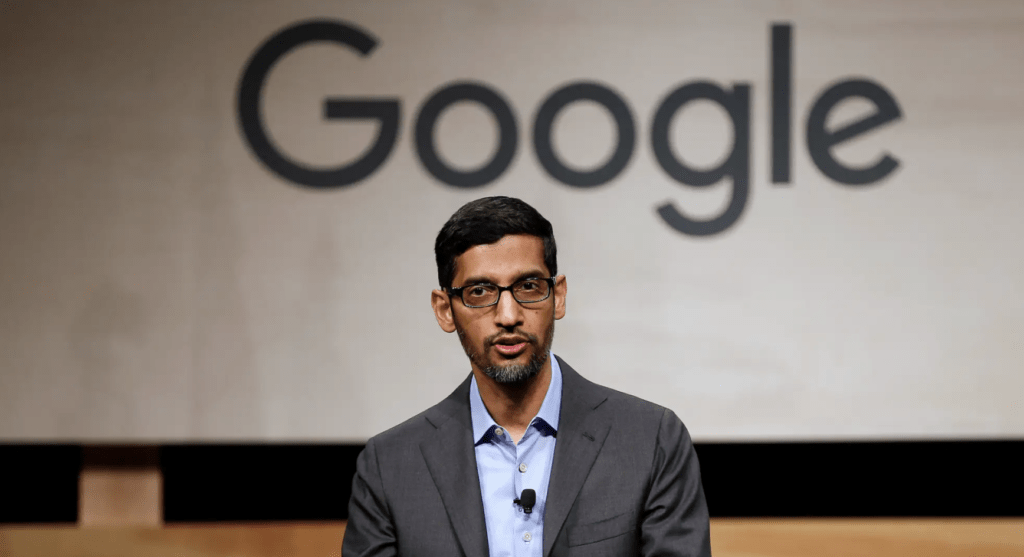According to research from Breeze, an insurtech, over half of the consumers surveyed would be interested in purchasing insurance products from Amazon and 46% said they would be interested in insurance products from Google.
What would these potential products look like and would big tech companies partner with insurers or underwrite their own risk? Digital Insurance spoke with several insurance analysts about what’s ahead for technology companies in the insurance space.Matthew Carrier, a principal at Deloitte, says he thinks big tech companies are watching insurance.
“Amazon is participating in the insurance from their delivery vehicles,” says Carrier. “Organizations like Apple with Apple care–they’re also participating in it. It is kind of happening.”
Tech companies are working on how to operate within a framework of regulation and self-imposed restrictions while also using the data they have access to, says Carrier.
“The big tech players are trying to figure out how to monetize the data within their data privacy constraints–if it leads to insurance, great,” says Carrier. “If it leads to aligning with insurance companies, great. I don’t think anytime soon they’ll come up with better products than [what’s already available].”Ellen Carney, a principal analyst at Forrester, said in emailed responses that the global insurance market shows evidence that big tech is already involved in insurance.
“Consider the Chinese tech giants Alibaba and Ping An and Amazon’s foray into insurance in India and its September unveiling of small business insurance in the U.K,” Carney said. “I had been predicting that it would do something similar in the U.S. in 2020, but this thing called Covid happened. That said, I would not be surprised to see Amazon Small Business insurance in 2023. Of course, Google had its auto insurance comparison site misadventure back in 2015, but I think they’re just in a state of hibernation and will be back, especially with its level of insurance hiring over the past couple of years. And finally, don’t overlook the telcos and mobile virtual network operators–harder to identify ones that aren’t interested in distributing insurance, and more will make like AT&T did back in 2019.”
Carney said the tech firms will be distributors first.
“At some point, one will be comfortable enough that they’ll own the full underwriting and issuance pieces, and then the floodgates will open,” said Carney. “And let’s face it, the ‘Great Resignation/Retirement’ will be the perfect opportunity for tech firms to onboard just the kind of talent they need to own more of the process–and more of the profits. Will it be lines like private passenger auto and/or homeowners’ and renters? I’d say yay on the PPA and renters–perhaps not quite where they need to be to own HO, especially in riskier climate areas, but smart tech firms will use analytics, AI and so forth to identify safer drivers, renters and homeowners who stay on top of maintenance and repair.”
John Keddy, senior principal at Aite-Novarica, says the industry has been expecting Google and Amazon to make an impact on insurance for a decade.
“Some of those companies have started to put their foot on it in the U.S. and in other countries,” says Keddy. “But they have not had much success or traction. Selling insurance is different than selling other products. It is not selling shoes or books–there are regulatory requirements. I don’t think Amazon or Google want to own the balance or the risk.”
Keddy adds that he sees big tech firms partnering with a reinsurer and focusing on distribution like an Amazon Prime membership but for insurance.
“If I click this I will be subscribed to insurance. Subscribing to retirement. It’s an interesting play. So far we have not seen people able to do that. I think in the future Amazon will have that ability to distribute but not today.”
Keddy says that while big tech companies aren’t offering insurance products they have influenced what consumers expect from digital processes.
“Uber and Amazon are your expectations,” says Keddy. “Younger generations have been cultured into this. Shrewd startups are talking about it like streaming and a subscription fee. So much is happening around engagement, making people feel connected and like you’re making sufficient use of their time. Engage me in a language that makes sense to me.”Mark Breading, a partner at SMA, says he believes big tech companies don’t want to underwrite or assume their own risk.
“I see them more as a channel for carriers and providing tech solutions to the insurance industry,” says Breading, adding that Amazon is the leader among the big tech companies in this space at the moment.
Amazon has partnered with several insurers including Next Insurance, Marsh, Chubb and Hiscox on small business insurance for its retailers.
“I don’t see Meta, Apple or Netflix doing very much in this space,” says Breading. “Maybe they will at some point, but I think it is mostly about Amazon and Google.”3
Source: Digital Insurance









